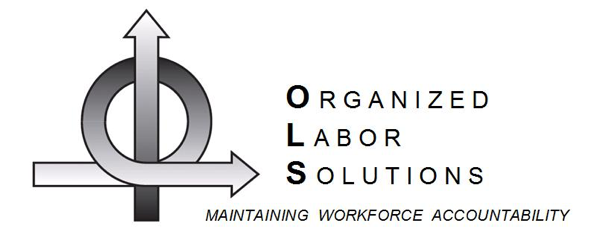
Leaders should be accurate and realistic when documenting performance reviews. The review is a document outlining an employee’s performance, behaviors, judgment, and competence over an entire time period, usually the most recent twelve months. The performance review is not a reflection of an employee’s work ethic over the past few weeks—when she may have been on her best behavior in hopes of receiving a positive review.
Supervisors potentially spend the past year applying various types of corrective actions with certain struggling employees—disciplinary actions, training, coaching sessions, leaves of absence, process change involvement. Naturally, most managers become emotionally invested in the employees who respond to the corrections. Such emotional investment demonstrates that a manager truly cares for his employees, and mangers should care—the purpose of all corrective action is to help employees succeed within the company. Consequently, authentic managers tend to use the performance review period to improve the relationship with an employee and express utmost desire for the employee’s success. However, the review experience is not fundamentally an opportunity to improve the social relationship between a leader and an employee. The performance review is a critical component of the documentation a judge considers in the event there is a serious dispute; thus, performance reviews should be accurate and concise for failing employees.
The tendency to overrate failing employees, or the halo effect, causes problems for the company, especially during a dispute. Highly scored reviews are especially problematic during a battle since the employee uses these positive reviews as evidence the employee had reason to believe he was doing well. An attorney will show the judge the erroneously high reviews to prove the employer’s progressive discipline and termination decisions were nonsensical, or discriminatory.
For that reason, leaders should resist the natural tendency to make amends or build a struggling employee up through the performance review process when the staff member’s behaviors or performances caused problems (outliers) within the company during the past year. What if the manager gives way to this natural inclination and scores the employee well, but the employee continues to behave or perform poorly following the review period?

